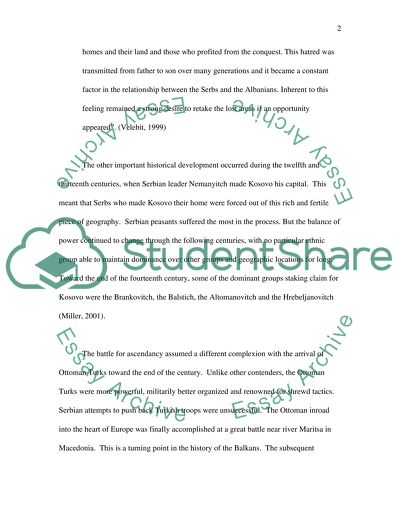Cite this document
(“Kosovo & Serbia Essay Example | Topics and Well Written Essays - 1500 words”, n.d.)
Kosovo & Serbia Essay Example | Topics and Well Written Essays - 1500 words. Retrieved from https://studentshare.org/miscellaneous/1548038-kosovo-serbia
Kosovo & Serbia Essay Example | Topics and Well Written Essays - 1500 words. Retrieved from https://studentshare.org/miscellaneous/1548038-kosovo-serbia
(Kosovo & Serbia Essay Example | Topics and Well Written Essays - 1500 Words)
Kosovo & Serbia Essay Example | Topics and Well Written Essays - 1500 Words. https://studentshare.org/miscellaneous/1548038-kosovo-serbia.
Kosovo & Serbia Essay Example | Topics and Well Written Essays - 1500 Words. https://studentshare.org/miscellaneous/1548038-kosovo-serbia.
“Kosovo & Serbia Essay Example | Topics and Well Written Essays - 1500 Words”, n.d. https://studentshare.org/miscellaneous/1548038-kosovo-serbia.


